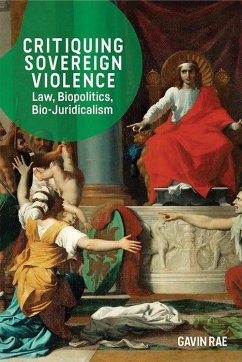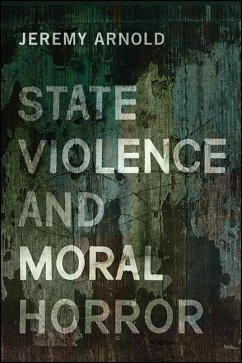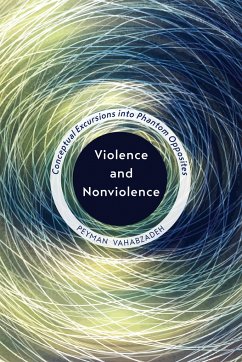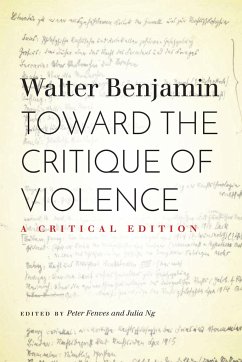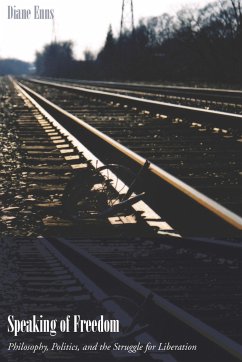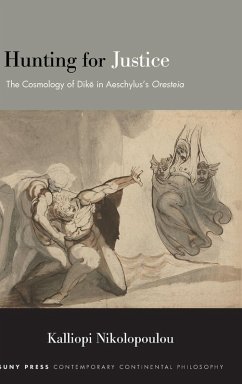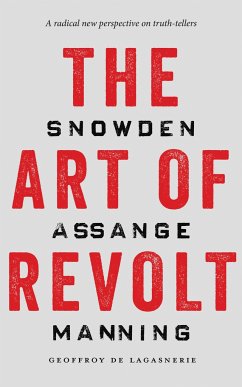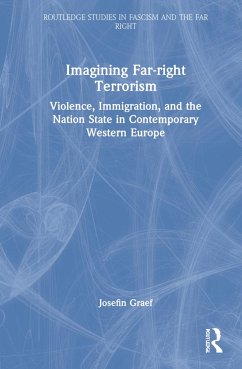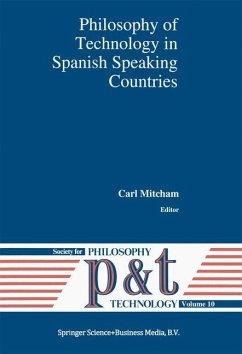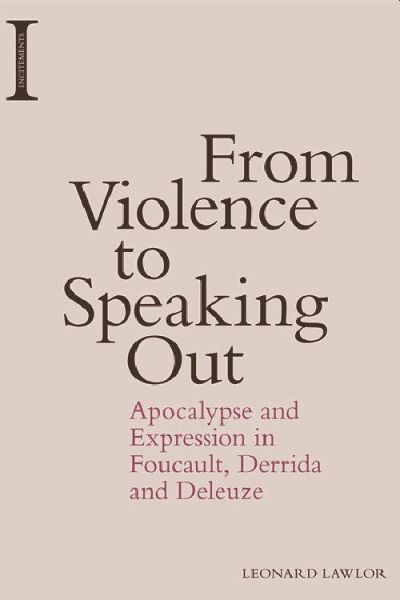
From Violence to Speaking Out
Apocalypse and Expression in Foucault, Derrida and Deleuze
Versandkostenfrei!
Versandfertig in über 4 Wochen
147,99 €
inkl. MwSt.
Weitere Ausgaben:

PAYBACK Punkte
74 °P sammeln!
Advocates life and non-violence Leonard Lawlor's groundbreaking book draws from a career-long exploration of the French philosophy of the 1960s in order to find a solution to 'the problem of the worst violence'. The worst violence is the reaction of total apocalypse without remainder. It is the reaction of complete negation and death. It is nihilism. Lawlor argues not simply that transcendental violence must be minimized, but rather that all violence must itself be reduced to its lowest level. He then offers new ways of speaking which will best achieve the least violence which he creatively ap...
Advocates life and non-violence Leonard Lawlor's groundbreaking book draws from a career-long exploration of the French philosophy of the 1960s in order to find a solution to 'the problem of the worst violence'. The worst violence is the reaction of total apocalypse without remainder. It is the reaction of complete negation and death. It is nihilism. Lawlor argues not simply that transcendental violence must be minimized, but rather that all violence must itself be reduced to its lowest level. He then offers new ways of speaking which will best achieve the least violence which he creatively appropriates from Foucault, Derrida and Deleuze and Guattari as 'speaking-freely', 'speaking-distantly' and 'speaking-in-tongues'. Leonard Lawlor is Edwin Earle Sparks Professor of Philosophy at Pennsylvania State University.




